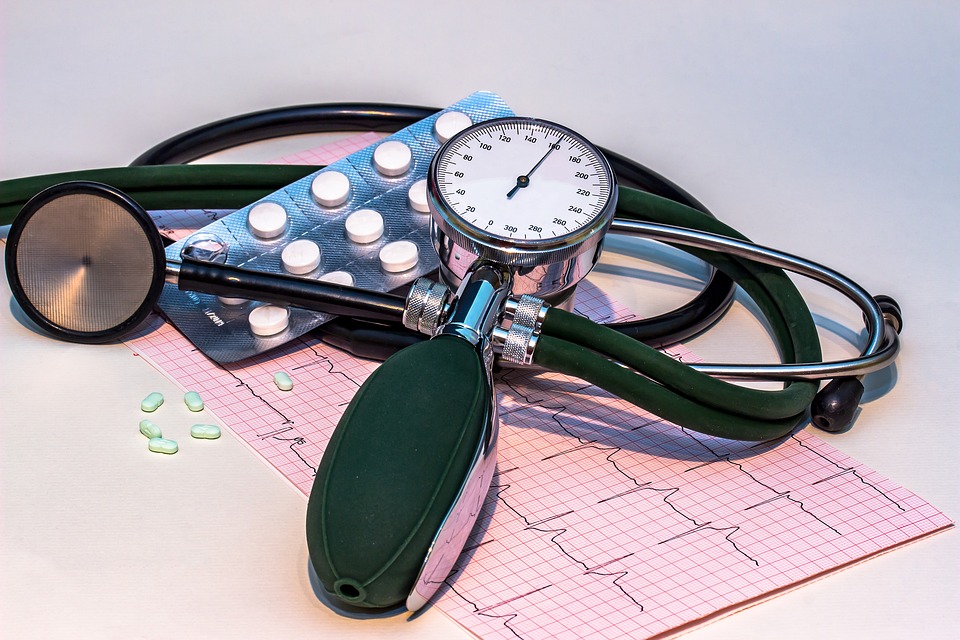Cardiovascular disease is the number one killer of both men and women in the United States. It is responsible for more deaths than all forms of cancer combined. This is why it is so important to see a preventative cardiologist regularly. A preventative cardiologist can help you take steps to reduce your risk of developing heart disease or having a heart attack. Here are three things that every person should know about preventive cardiology:
It Can Help You Identify and Control Risk Factors
A preventative cardiologist will assess your risk factors for cardiovascular disease. They can identify any warning signs that might indicate a problem, such as high blood pressure or cholesterol levels, smoking, obesity, diabetes, etc. They’ll also suggest lifestyle changes that can help reduce your risk of heart disease and stroke.
It Involves Regular Testing
Your preventive cardiologist may order regular tests to check on your heart health. These tests may include an electrocardiogram (ECG), echocardiogram (echo), stress test, angiogram, carotid Doppler ultrasound, and cardiac CT scan. The results of these tests allow the cardiologist to monitor the health of your heart and identify any potential issues.
It Involves Heart Disease Risk Assessment
Your preventive cardiologist will also assess your risk for heart disease based on a review of your personal and family medical history and lifestyle factors such as diet, exercise, smoking status, etc. By identifying potential risk factors early on, your cardiologist can help you make changes that may reduce the chances of developing heart disease in the future.
To conclude, preventive cardiology can help you with early diagnosis and treatment of heart issues. It also helps to identify risk factors that can be managed to reduce the chances of developing any severe condition. Your preventive cardiologist will work closely with you to maintain your cardiovascular health optimally. With ongoing monitoring, you can enjoy a healthy and active life for years to come.









